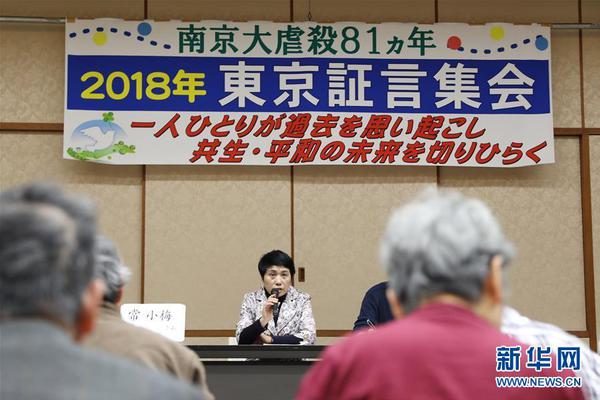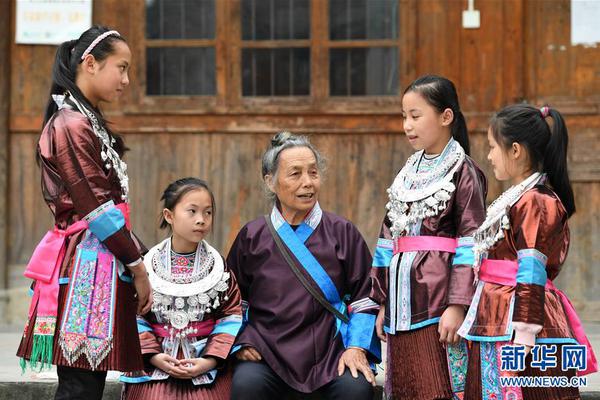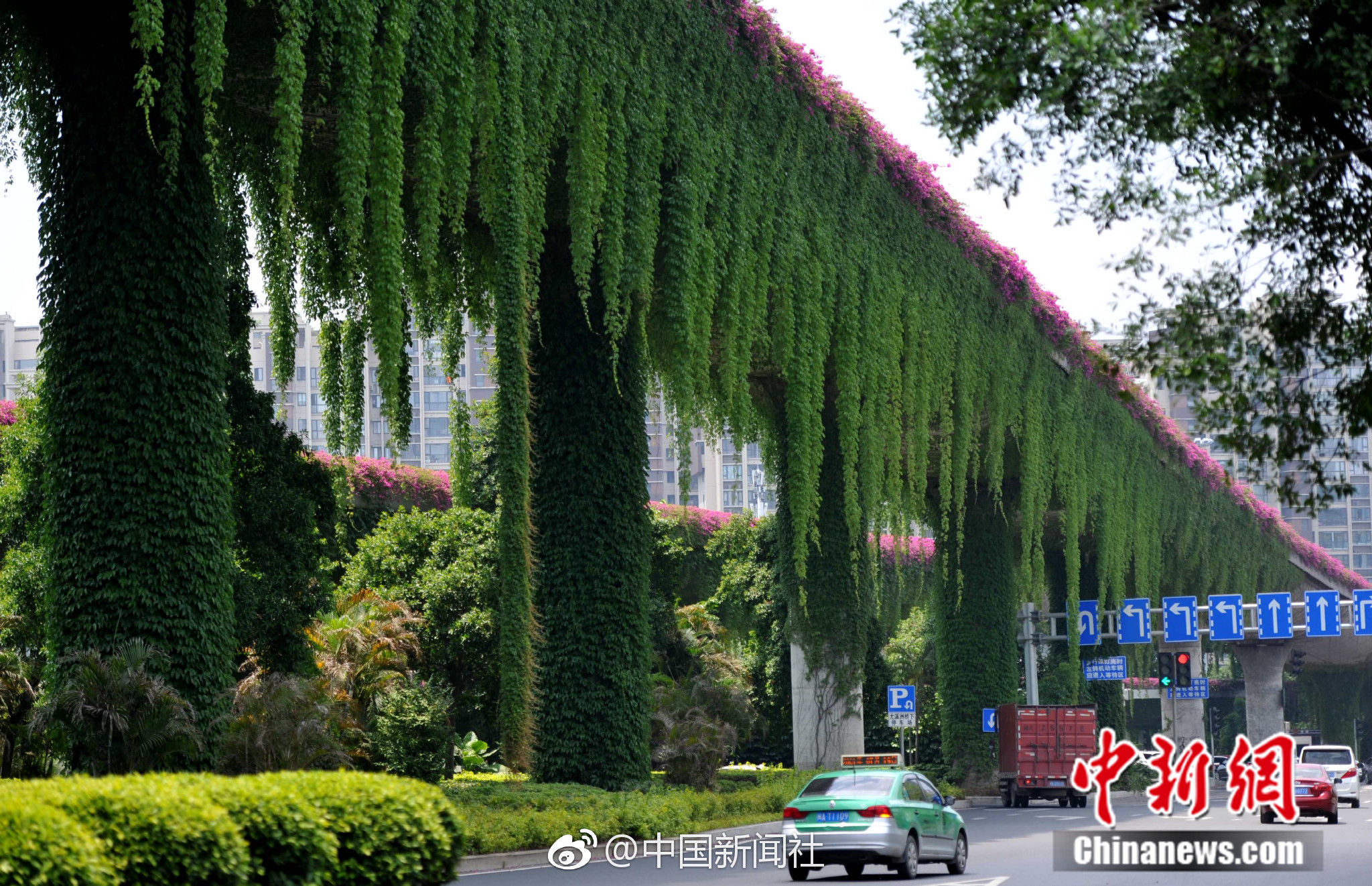By BARBARA TAKEI

Editor’s note: Roger Daniels, professor emeritus of history at University of Cincinnati and a leading scholar of Japanese American history, passed away on Dec. 9 at the age of 95.
The first book I read about Japanese American history was Roger Daniels’ 1966 book “The Politics of Prejudice.” I was a college freshman that year, and it was the rare book on Japanese American history, one that began Roger’s long and illustrious career as a historian documenting the story of Japanese Americans and the wartime incarceration.
Over the next half-century, Roger’s scholarship was the bedrock of Japanese American historical research.
It wasn’t until February 2010 that we met, at a three-day Tule Lake planning meeting in Oakland, organized by the National Park Service. Participants included NPS staff, Tule Lake Committee representatives, and historians Don Hata and Roger Daniels. Our task was to create the foundational documents to guide NPS’ interpretation of the new site, then called the Tule Lake Unit, which was in 2019 renamed the Tule Lake National Monument.
As a writer and researcher consumed by Tule Lake and its stories of protest, I looked forward to working with NPS and the legendary Roger Daniels, who I assumed would have a nuanced view of Tule Lake’s long-demonized protesters, individuals who took enormous risks to speak out against the government’s injustice. However, from the beginning, rather than a meeting filled with affinity and rapport, I was alarmed to find myself in multiple arguments with Roger over his characterizations of events at Tule Lake.
During an afternoon break as we stood in a coffee queue, he expressed his views on Tule Lake’s dissidents. “There were no heroes,” he snarled. “Don’t romanticize the story.” Regarding the protests at Tule Lake, “This is not about civil rights.”
I left Oakland fuming about Roger’s involvement in planning the interpretation for Tule Lake. And, I worried about us arguing about Tule Lake’s protesters being defined as “disloyal” because they challenged the government’s abuses. I feared the revered professor would be our biggest adversary in trying to strip away government propaganda and racial stereotypes warping how we think about Tule Lake’s dissidents.
A year after those fraught NPS meetings, Roger sent a message asking me to call him. He picked up the phone and got right to the point, abruptly announcing, “I’ve changed my mind about Tule Lake.” I was stunned. He then suggested that we co-author a book about Tule Lake, and I wondered aloud if he was sure about that.
It wasn’t until Roger sent me his hot-off-the-presses 2013 book “The Japanese American Cases” that I realized I was dealing with a person of radical integrity and courage. While reading his chapter on Tule Lake’s renunciants and Abo v. Clark, I burst out in tears, overwhelmed with the dramatic turn in Roger’s interpretation of Tule Lake. Not only did he “get it,” the seminal scholar of the Japanese American incarceration applied his reputation and deep knowledge and skills to begin the work of revising Tule Lake’s warped historical narrative.
Roger suggested the title for our book on Tule Lake: “America’s Worst Concentration Camp,” a project that has continued over the past seven years, encouraged and promoted by another of Tule Lake’s key advocates, Lane Hirabayashi, who chaired UCLA’s Asian American Studies Department, but succumbed to cancer in August 2020.
Lane underwrote and organized multiple community programs to revisit Tule Lake’s dissidents and to correct and address euphemistic terminology, generously creating opportunities for Roger and me to focus public and academic attention toward correcting terminology and Tule Lake’s interpretation.
The community dialogues on terminology promoted wider discussion and encouraged the NPS, the JACL and the Associated Press Stylebook used by newsroom editors to understand and accept terminology that for decades Roger had advocated for along with Nisei activists, including Lane’s father Jim Hirabayashi, Aiko Herzig-Yoshinaga, Mako Nakagawa, Sue Kunitomi Embrey and Ray Okamura.
See their papers here: https://www.nps.gov/tule/learn/education/suggestedreading.htm
In 2019, Lane organized his last program for UCLA’s Suyama Program, an event in Sacramento carried out by his successor, Karen Umemoto, to showcase Roger’s and my work on Tule Lake. An overflow crowd filled Sacramento Betsuin to hear Roger’s lecture about Tule Lake’s dissidents. As it turned out, this was Roger’s last large engagement. He relished it and looked forward to doing more, but just a few months later, COVID changed everything.
Highlights are posted on UCLA’s Suyama website: https://www.suyamaproject.org/
Roger remained the ever-questioning, sharply incisive historian to the end, recognizing errors of interpretation in Tule Lake’s propaganda-laden history, and spending the last years of his life working to correct them. That willingness to revisit his lifetime of work to reconsider Tule Lake’s story was an act of rare humility and integrity, and ensures that the stories of government misconduct and of audacious, resolute Issei and Nisei who resisted unjust authority will be excavated, reinterpreted and preserved for future generations.
Rest in power, dear Roger.
————
Barbara Takei is a Detroit-born Sansei whose political perspectives were influenced by Grace Lee Boggs and the Detroit Asian Political Alliance in the late 1960s. Through decades of civil rights activism, she puzzled over the absence of stories about Japanese American civil rights resistance to the wartime incarceration. At her first Tule Lake Pilgrimage in 2000, it was an epiphany realizing that the grassroots protest of 15,000 Japanese Americans during World War II was demonized and erased by labeling it “disloyalty.” Since then she has devoted herself to preserving the historic site and Tule Lake’s protest history.
 Great Leap to Celebrate 40th Anniversary
Great Leap to Celebrate 40th Anniversary
 Curacao vs. El Salvador 2025 livestream: Watch Concacaf Gold Cup for free
Curacao vs. El Salvador 2025 livestream: Watch Concacaf Gold Cup for free
 Al Ain vs. Juventus 2025 livestream: Watch Club World Cup for free
Al Ain vs. Juventus 2025 livestream: Watch Club World Cup for free
 How to unblock YouPorn for free in Florida
How to unblock YouPorn for free in Florida
 Hirahara to Discuss ‘Hiroshima Boy’ at JANM
Hirahara to Discuss ‘Hiroshima Boy’ at JANM
 Americans now use social media as their primary news source, research shows
Americans now use social media as their primary news source, research shows
 NYT Connections hints and answers for June 17: Tips to solve 'Connections' #737.
NYT Connections hints and answers for June 17: Tips to solve 'Connections' #737.
 Best earbuds deal: Get the Anker Soundcore P20i under $20
Best earbuds deal: Get the Anker Soundcore P20i under $20
 ‘Ponyo’ Kicks Off Studio Ghibli Fest
‘Ponyo’ Kicks Off Studio Ghibli Fest
 Jamaica vs. Guatemala 2025 livestream: Watch Concacaf Gold Cup for free
Jamaica vs. Guatemala 2025 livestream: Watch Concacaf Gold Cup for free
 В Standoff 2 вышел патч 0.34.0
В Standoff 2 вышел патч 0.34.0
 Apple disables iPhones stolen in Los Angeles looting
Apple disables iPhones stolen in Los Angeles looting
 Trump's made
Trump's made
 The secret behind Macy Blackwell’s 2.2M TikTok followers
The secret behind Macy Blackwell’s 2.2M TikTok followers
 El Camino College to Celebrate Spring with Annual Cherry Blossom Festival
El Camino College to Celebrate Spring with Annual Cherry Blossom Festival
 Concacaf Gold Cup 2025 livestream: How to watch Concacaf Gold Cup for free
Concacaf Gold Cup 2025 livestream: How to watch Concacaf Gold Cup for free
 Scientists reveal SUV
Scientists reveal SUV
 Homyu and Almond Duck Return to ‘Far East Feast’
Homyu and Almond Duck Return to ‘Far East Feast’
Look Up in the SkyA Salute to the Fallen in WestminsterRakugo Master to Perform in TorranceTorrance Nijiya Reopens After CleaningGo For Broke Marks Monument Anniversary With Virtual TributeGo For Broke Monument to Host National Livestream Event Marking 21st AnniversaryBOOK REVIEW: Novel 442nd Book Worth a ReadProtests Continue in Downtown L.A.L.A. County and City of Vernon Investigate COVIDMitsuwa in San Gabriel Temporarily Closed Best gaming deal: Get a Backbone One (lightning) for under $70 Best Meta Quest 2 deal: Get the Meta Quest 2 for just $249 at Amazon NYT's The Mini crossword answers for November 19 11 fake languages that are super easy to learn GoPro Hero 12 Black deal: Get the GoPro Hero 12 Black bundle for $349.99 Walmart Early Access deal: Beats Studio3 for $99 NYT's The Mini crossword answers for November 21 Amazon Black Friday TV deals 2023: Fire TVs, cheap QLEDs, and more NYT's The Mini crossword answers for November 22 Get $70 off Apple Watch SE for Black Friday 2023
0.2357s , 14273.1796875 kb
Copyright © 2025 Powered by 【new sex video saudi arabia】Remembering Historian Roger Daniels,Global Hot Topic Analysis